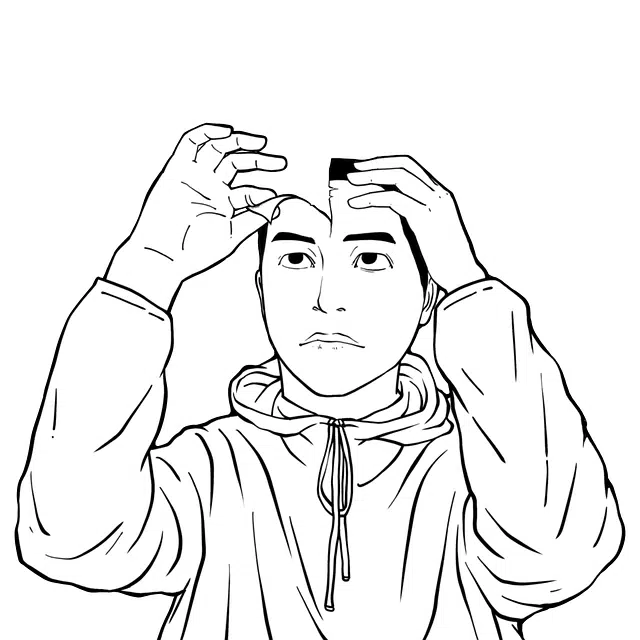
Falsehood can be associated with an imitation that seeks to pass off as the original element.
Originating from the Latin falsĭtas , the concept of falsity describes the lack of truth or authenticity of an object or individual. A falsehood can consist of a lie , a notion that identifies a statement that hides or distorts reality partially or absolutely. To cite an example: a child breaks a glass and no one sees it; When his mother asks him if he knows who broke said glass, he answers no. In that case, the child committed a falsehood since he lied.
In the sense linked to authenticity, falsehood is usually linked to an imitation that attempts to pass off as the original object. Some typical examples are counterfeit money and clothing that copies famous brands: "The falsity of the bill was demonstrated by ultraviolet rays," "I realized the falsity of the jacket when reading its label."
Falsehood and hypocrisy
On the other hand, falsehood is usually linked to the hypocrisy that occurs when a subject feigns qualities or feelings contrary to those they truly possess. Falsehood would be related to the absence of coherence between ideas and words or actions: "Fernando's falsehood is incredible: he told me that he loved me and then I saw him kissing Luz María."
It is interesting to mention that for philosophy , falsehood is what is opposed to the truth, without this situation implying something objective or subject to contingency.

A person's falsehood is linked to his hypocrisy.
The concept in law
In the field of law , falsehood is considered a crime that is characterized by the modification or change of the truth with important consequences. This means that the aforementioned counterfeiting of banknotes or brands is a crime that is punishable by law.
In this sense, it is important to emphasize that in this legislative field there is frequent talk of what is called documentary falsification . In this case, it is a crime that consists of the falsification of public, official and commercial documents, for example. Specifically, what has been possible is the alteration of these aforementioned documents in some of their points, the simulation of them or the fact that they have lied and falsified in relation to the narration of certain events.
This means that the person who is accused of said action and who is later convicted of it faces, in the case of Spain, prison sentences of between 3 to 6 years in addition to fines of disqualification whenever possible. civil servant.
A notorious case of document falsification
One of the cases of documentary falsification that has most transcended the Spanish media has been that of the wife of a famous bullfighter who has been convicted in what has been called Operation Karlos . This was nothing more than a scheme in which various health authorities fraudulently granted what were work disability pensions.
Pensions that were granted to people who did not meet the necessary requirements to be beneficiaries but who had paid a certain amount of money to have this help from the State for life.
